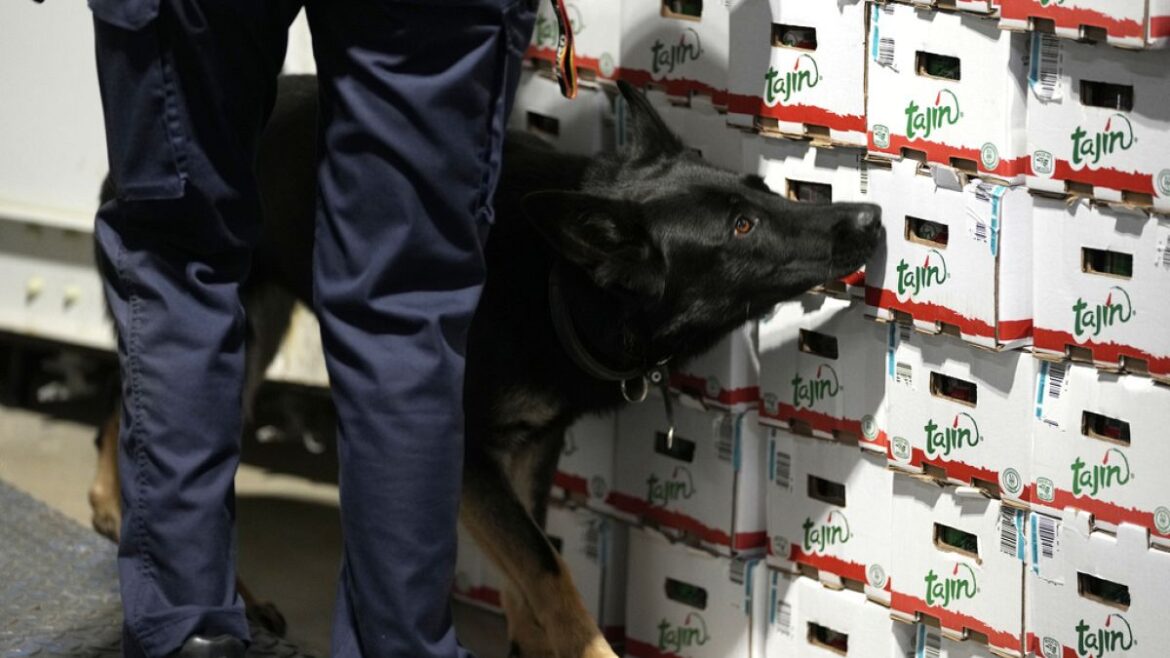The European Union launched this Wednesday from the port of Antwerp, a major entry point for cocaine on the continent, a “Ports Alliance” to harmonize measures to combat drug trafficking and combat infiltration by criminal networks.
The European Commission, in cooperation with the Belgian Presidency, launched in the presence of the various Interior Ministers of the 27 a European port alliance to strengthen the resilience of logistics platforms in the face of threats posed by drug traffickers.
Objectives: mobilize customs to improve risk assessment and targeted controls, better coordinate police investigations against drug traffickers, and establish a partnership between the police and port stakeholders.
This partnership will bring together Member States, local authorities, police services, including customs, EU agencies, port authorities and private companies, such as shipping companies., to tackle concrete weaknesses in port security. The main objective is to streamline the exchange of information between these different actors.
Strengthened cooperation between public authorities and private companies at regional and local level is already in place in some ports, such as Rotterdam, Antwerp or Hamburg. But drug traffickers are increasingly turning to smaller logistics platforms, in order to circumvent police pressure. Ports like Helsingborg in Sweden, Brugge in Belgium or even Le Havre in France are for example the targets.



